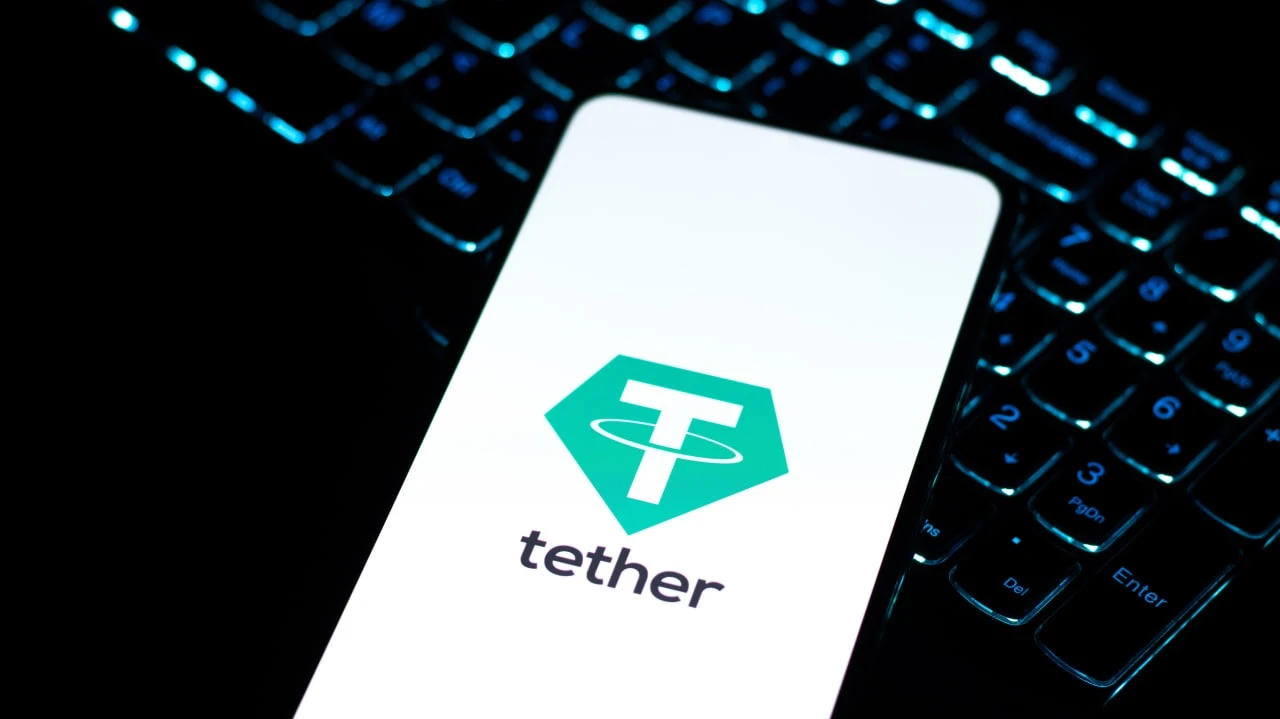Highlights for this morning: Tether rushes to $500 billion, Micron breaks record, US startups on alert

Micron reported earnings above expectations and gave a strong outlook, citing demand for high-speed memory for AI chips. Tether is preparing a record $15-20 billion round that could value the issuer of the largest stablecoin at $500 billion - on par with OpenAI and SpaceX. In the US, Donald Trump's plans to charge $100,000 for each H-1B visa application have alarmed the startup community. These and other topics are covered in our review of key events on the morning of September 24.
Micron beats forecasts amid AI boom
Micron reported quarterly earnings of $3.03 per share on revenue of $11.32 billion, beating analysts' forecasts for LSEG, CNBC reported. Net income totaled $3.2 billion compared to $887 million a year earlier. The company expects $12.5 billion in revenue for the current quarter, above the consensus of $11.94 billion.
Micron's revenue grew by 46% in annual terms, and the company's capitalization has almost doubled since the beginning of 2025. The main driver of growth was the demand for memory for cloud providers: sales in this area amounted to $4.54 billion, more than tripling.
Micron is called one of the key beneficiaries of the AI boom: chips from Nvidia and other manufacturers are demanding more and more high-speed memory, which the company produces. At the same time, data center sales fell 22% to $1.57 billion.
Tether is preparing a $15-20 billion round
The issuer of the largest USDT stablecoin, Tether, is considering raising $15-20 billion through a private placement, which could value the company at about $500 billion, Bloomberg reported. By comparison, OpenAI was valued at $300 billion earlier this year. The deal involves issuing new shares rather than selling stakes to existing investors.
Tether CEO Paolo Ardoino confirmed the fundraising plans, noting that the capital will allow the company's business to scale many times over. In addition to stablecoins, Tether is developing areas in AI, commodity trading, energy, communications and media.
USDT, which is pegged to the dollar, recently surpassed a market capitalization of $172 billion, making it the largest stablecoin in the world. By comparison, Circle's closest competitor with USDC is valued at $74 billion. The company is also increasing its presence in the U.S. amid Donald Trump's cryptocurrency-friendly policies.
US startups sound the alarm over Trump's plan to impose a fee on H-1B visas
White House plans to charge $100,000 for each H-1B visa application are causing panic among U.S. startups. The founders of Workstream and Alma told CNBC that for young companies, such a barrier virtually eliminates the chance of hiring foreign engineers and specialists, on whom business growth directly depends. The number of inquiries to legal immigration consultants has already increased tenfold.
Experts emphasize that it is startups that will be the biggest losers: they do not have the resources of large corporations, and a few key employees from abroad are often the decisive factor in success. According to venture capitalists, the new rules can reduce interest in American projects and redirect capital to Europe, Canada and the UK.
Analysts warn of the risk of a "reverse brain drain": talented professionals who previously sought the US may now choose other markets for their careers and startup initiatives. This threatens to weaken America's innovation leadership and increase competition from Europe.
Analysts warn: Nvidia's $100 billion investment in OpenAI increases bubble risk
Analysts expressed concern after the news of Nvidia's plans to invest up to $100 billion in OpenAI to expand data centers with its chips, Bloomberg reports. Experts call the deal the largest in the history of Nvidia's investments and see in it signs of "circular financing," when capital eventually returns to the company through the purchase of its products.
OpenAI is going to rent rather than buy Nvidia's processors, but doubts remain, the agency notes. Comparisons to the dotcom bubble of the 2000s are sounding more and more often, as Nvidia is the main beneficiary of the AI hype, Bloomberg writes.
Even OpenAI CEO Sam Altman admitted that the valuations of many AI startups may be overstated, despite his belief in the need for trillion-dollar investments in infrastructure. Analysts warn: such deals accelerate growth, but can exacerbate decline when the cycle turns.
What's in the markets
- Japan's broad Topix index was almost unchanged. The benchmark Nikkei 225 was also almost unchanged.
- In South Korea, the Kospi index was down 0.8%, while the Kosdaq small-company index was down 1.8%.
- Australia's S&P/ASX 200 was falling 0.1 percent.
- Futures on the S&P 500, Nasdaq 100 were almost unchanged, while the Dow Jones Industrial Average rose 0.1%.
This article was AI-translated and verified by a human editor
